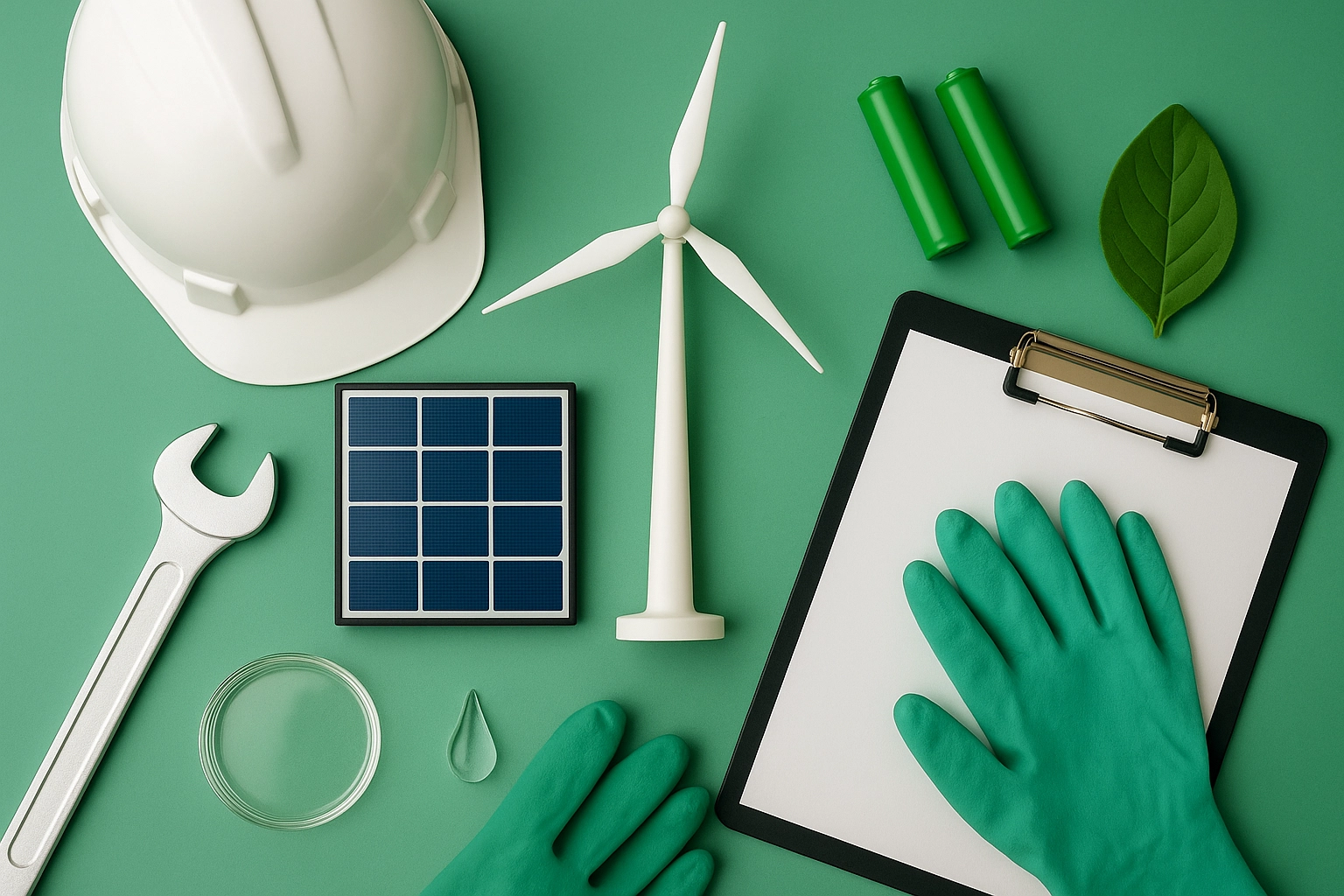Environmental Health and Safety (EHS) Inspection
The Environmental Health and Safety (EHS) Inspection is a critical service aimed at ensuring that organizations comply with environmental regulations while maintaining safe working conditions. This inspection covers a wide range of activities, including air quality monitoring, noise assessment, hazardous material identification, and waste management evaluation. The primary goal is to identify potential risks and implement corrective measures to safeguard both the environment and employees.
EHS inspections are essential for industries such as manufacturing, construction, healthcare, and energy sectors where compliance with environmental laws like ISO 14001 and OSHA regulations can significantly impact a company's reputation and operational costs. The inspection process involves field visits by certified inspectors who use advanced instrumentation to gather data on various parameters.
During an EHS inspection, the scope typically includes:
- Review of existing policies and procedures
- Air quality sampling and analysis using instruments like gas chromatographs and particle counters
- Noise level assessments employing sound level meters
- Hazardous material identification through spectroscopy techniques
- Waste management audits involving segregation, storage, and disposal practices
- Evaluation of emergency response plans and evacuation procedures
The data collected during inspections is analyzed to determine compliance levels and identify areas for improvement. Compliance with international standards such as ISO 14001 and OSHA regulations ensures that organizations are not only meeting legal requirements but also fostering a culture of sustainability and safety within the workplace.
By conducting regular EHS inspections, organizations can prevent accidents, reduce environmental impacts, and avoid costly fines or remediation efforts. This proactive approach enhances operational efficiency and contributes to long-term business success by reducing risks associated with non-compliance.
The importance of EHS inspections cannot be overstated in today's regulatory landscape. Companies that prioritize these inspections demonstrate a commitment to responsible stewardship of resources and the health and safety of their employees. Regular audits not only help maintain compliance but also contribute to creating safer, more sustainable work environments.
Benefits
The benefits of conducting EHS inspections extend beyond mere compliance with regulations; they encompass a broader spectrum of advantages that positively impact an organization's operations and reputation. By leveraging the expertise of certified inspectors, organizations can gain valuable insights into their environmental and safety performance.
- Enhanced Compliance: Regular inspections ensure that all aspects of EHS policies are up-to-date and fully compliant with national and international standards such as ISO 14001 and OSHA. This reduces the risk of legal penalties and ensures a smooth audit process.
- Risk Mitigation: Identifying potential hazards early through inspections allows for timely corrective actions, thereby minimizing the likelihood of accidents or environmental incidents. This proactive approach helps protect both employees and the environment from harm.
- Operational Efficiency: By optimizing resource usage and waste management practices, organizations can reduce operational costs. Efficient handling of hazardous materials also minimizes the risk of contamination and associated clean-up expenses.
- Promotion of Safety Culture: Regular inspections foster a culture of safety by encouraging employees to adopt best practices and report unsafe conditions. This not only enhances workplace safety but also boosts morale and employee engagement.
- Improved Reputation: Demonstrating commitment to EHS through regular inspections can enhance an organization's reputation, attracting potential clients and investors who value sustainability and responsible business practices.
The cumulative effect of these benefits is a more resilient and sustainable organization that not only meets regulatory requirements but also contributes positively to the community and environment. EHS inspections are thus integral to achieving long-term success in today’s competitive market.
Eurolab Advantages
EuroLab, as a leading provider of environmental health and safety inspection services, stands out through its comprehensive approach and commitment to excellence. With a team of certified inspectors and state-of-the-art instrumentation, EuroLab ensures that inspections are thorough and reliable.
- Expertise: Our inspectors possess the necessary qualifications and experience to conduct detailed analyses across various parameters such as air quality, noise levels, hazardous materials, and waste management.
- Advanced Instrumentation: EuroLab utilizes cutting-edge equipment that adheres to international standards like ISO 14001 and OSHA. This ensures accurate and precise data collection and analysis.
- Comprehensive Reporting: Our reports are detailed, clear, and actionable, providing organizations with a roadmap for corrective actions and improvements.
- Timely Inspections: EuroLab offers flexible scheduling to accommodate the needs of our clients, ensuring that inspections do not disrupt operations unnecessarily.
- Client-Centric Approach: We work closely with each client to understand their specific requirements and tailor our services accordingly. This ensures that every inspection is conducted in a manner that best suits the unique challenges faced by each organization.
- Continuous Improvement: EuroLab continuously updates its methodologies and equipment to stay abreast of the latest developments in EHS practices, ensuring that clients receive the most current and effective services.
With these advantages, EuroLab provides more than just inspections; we offer a holistic approach to environmental health and safety management. Our goal is not only compliance but also continuous improvement and excellence in every aspect of our operations.





